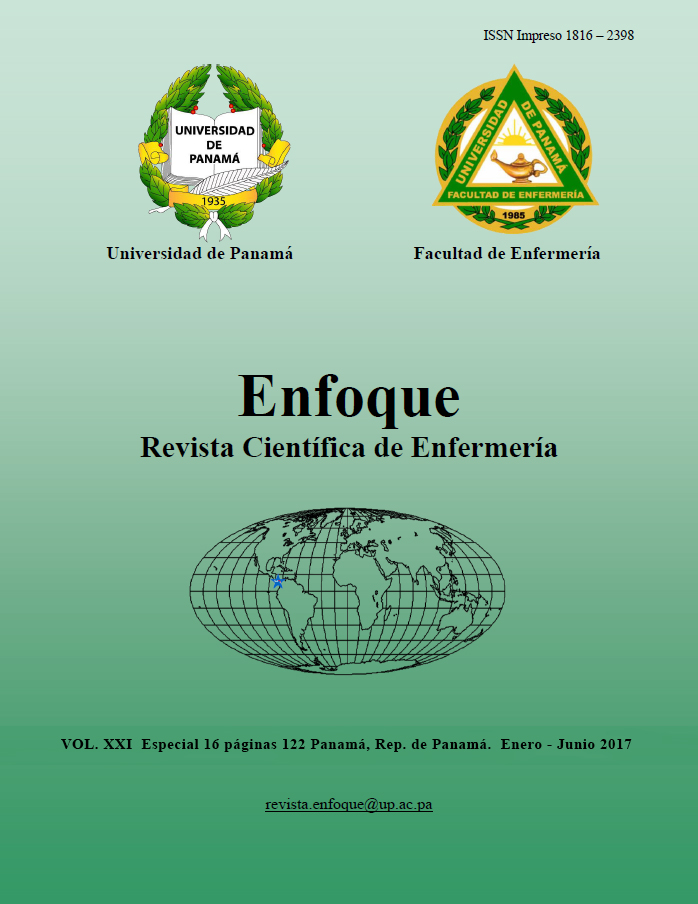

Objective: The study aims to assess the importance of methods and techniques in the teaching-learning process in the andragogic model of the master’s program in Health and Mental Illness.
Method: The study follows the hypothetical inductive scheme conceived as quantitative and descriptive in which the relationship between the variables, andragogic methodology, and the methods and techniques applied in the learning orientation process is established. The sample was made up of 82% of the participants in the master’s programs from 2009 to 2012, to whom a questionnaire was given.
Results: The results showed that the andragogic methodology is partially applied by the majority of the facilitators, which is a limitation, for the majority of them do not have formal andragogic training. Sixty-eight percent of the facilitators consider the participants’ previous experiences; 29.4% of the participants stated that a climate of tension was generated, and 37.3% of the facilitators still follow traditional methodology. This is a program with andragogic methodology as proposed in the curricular design.